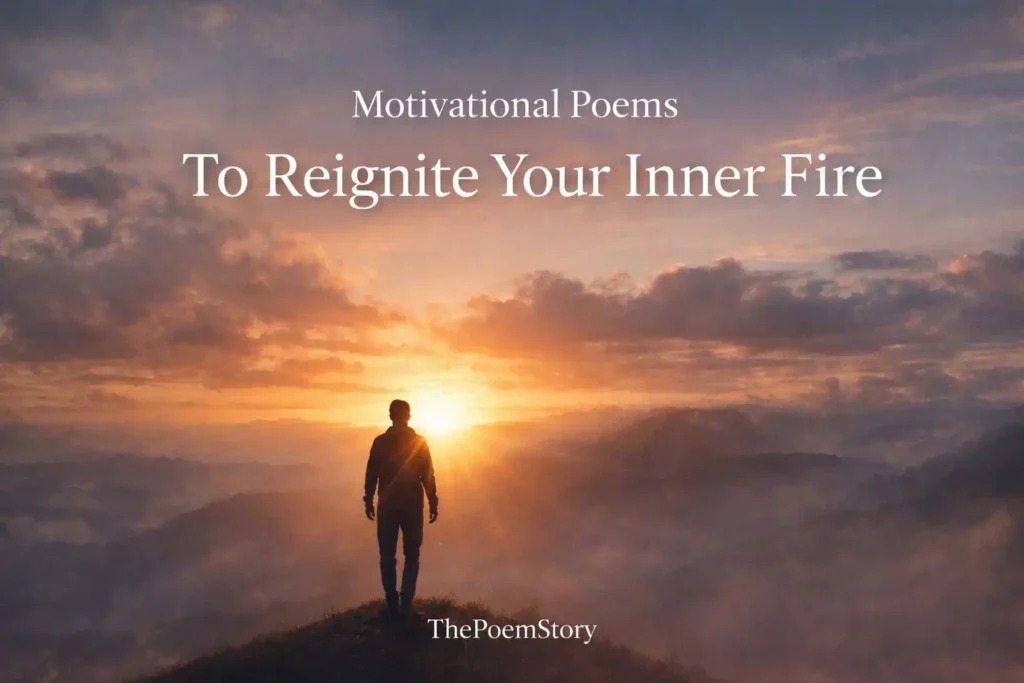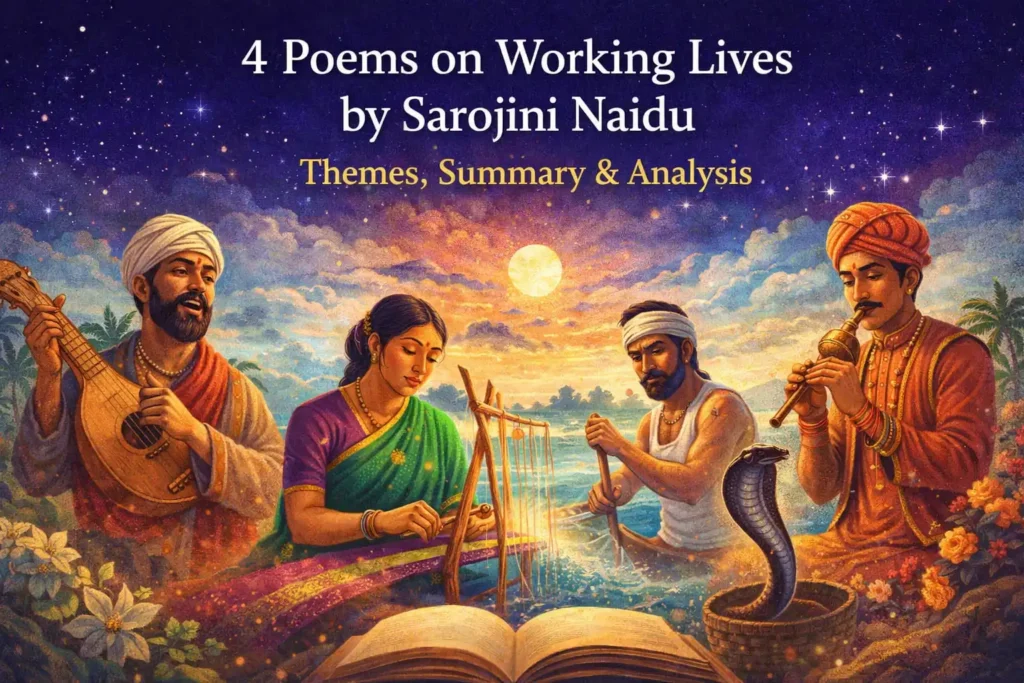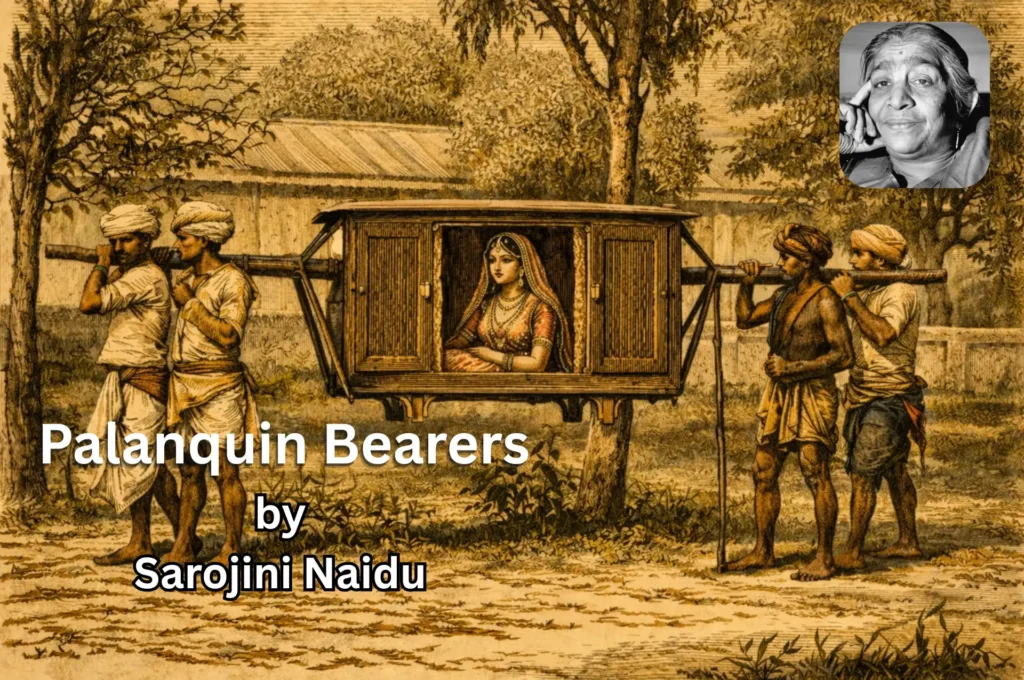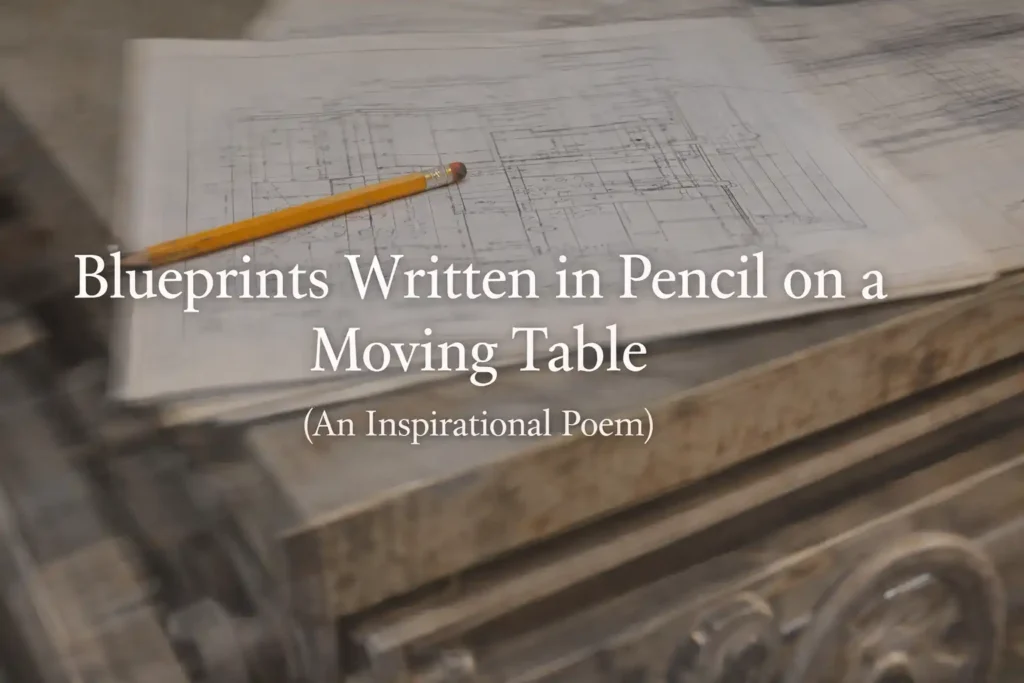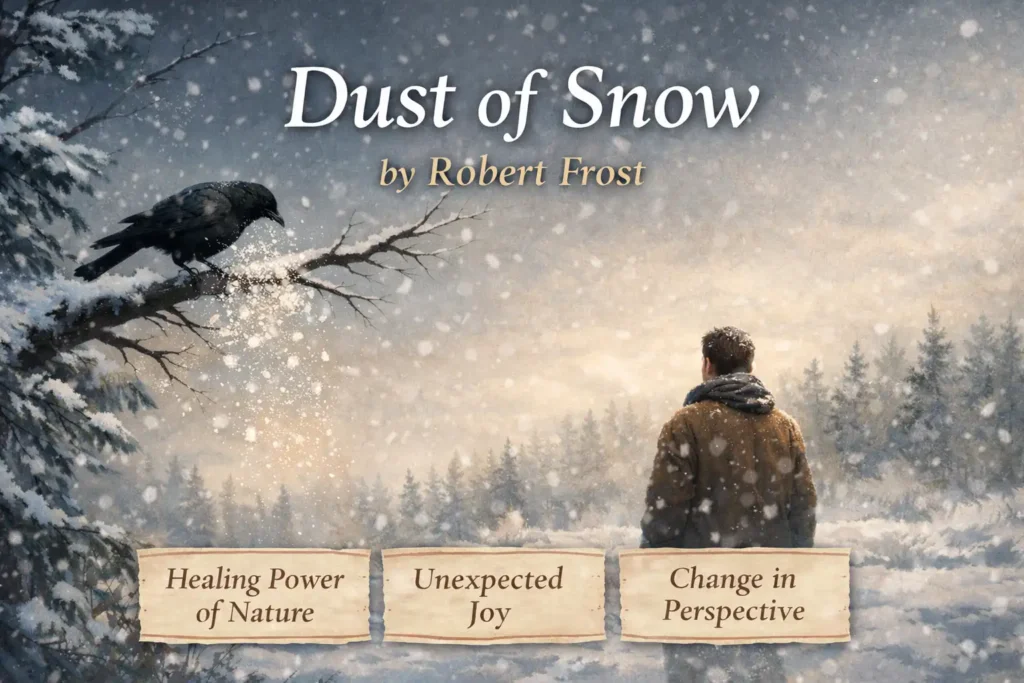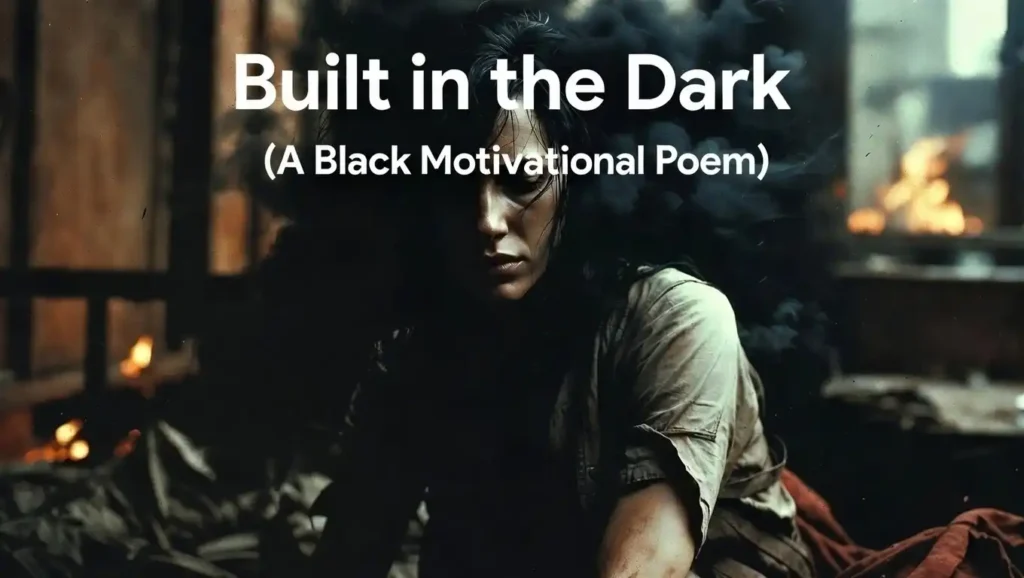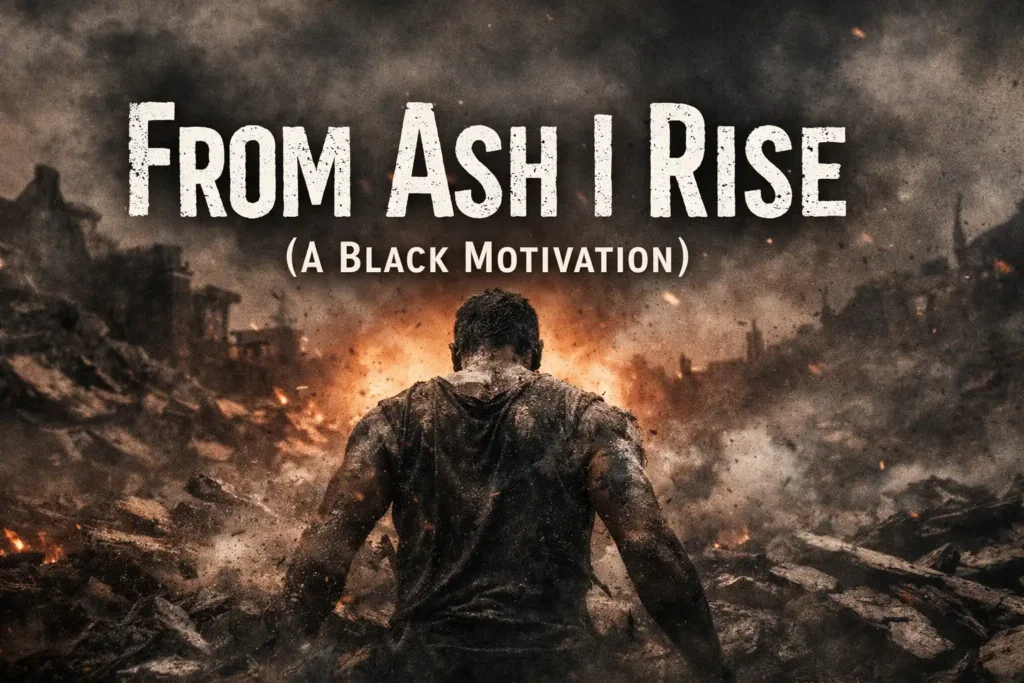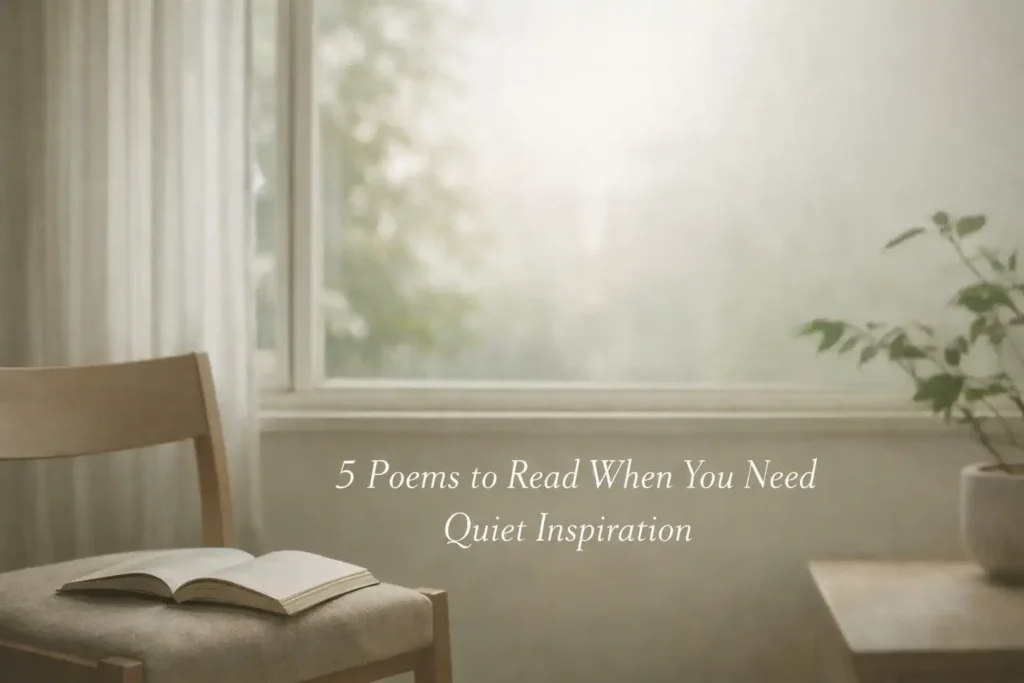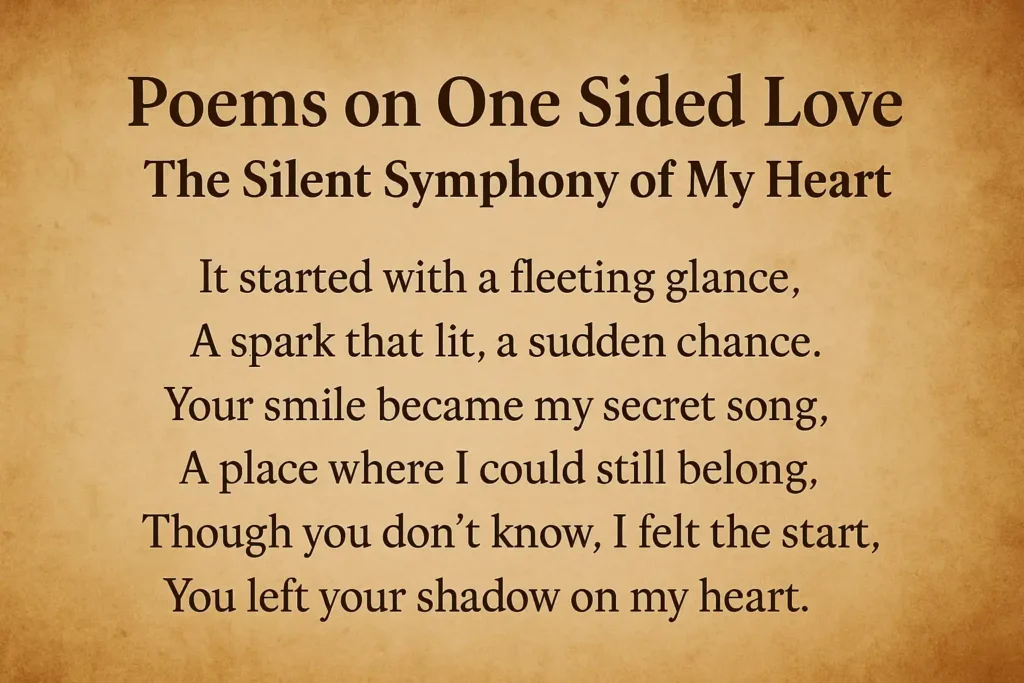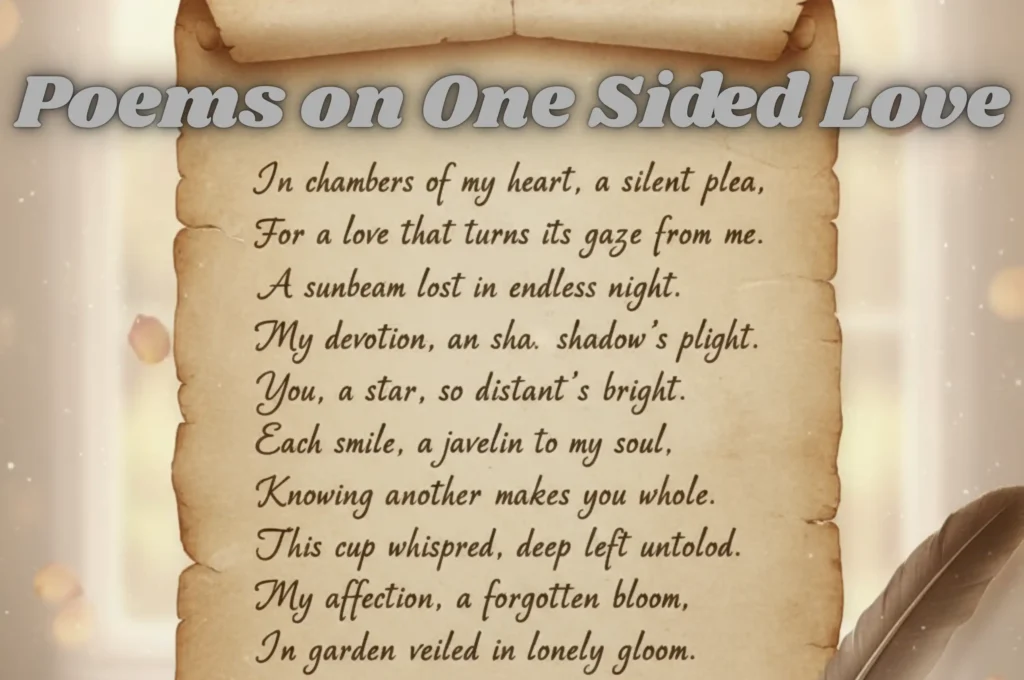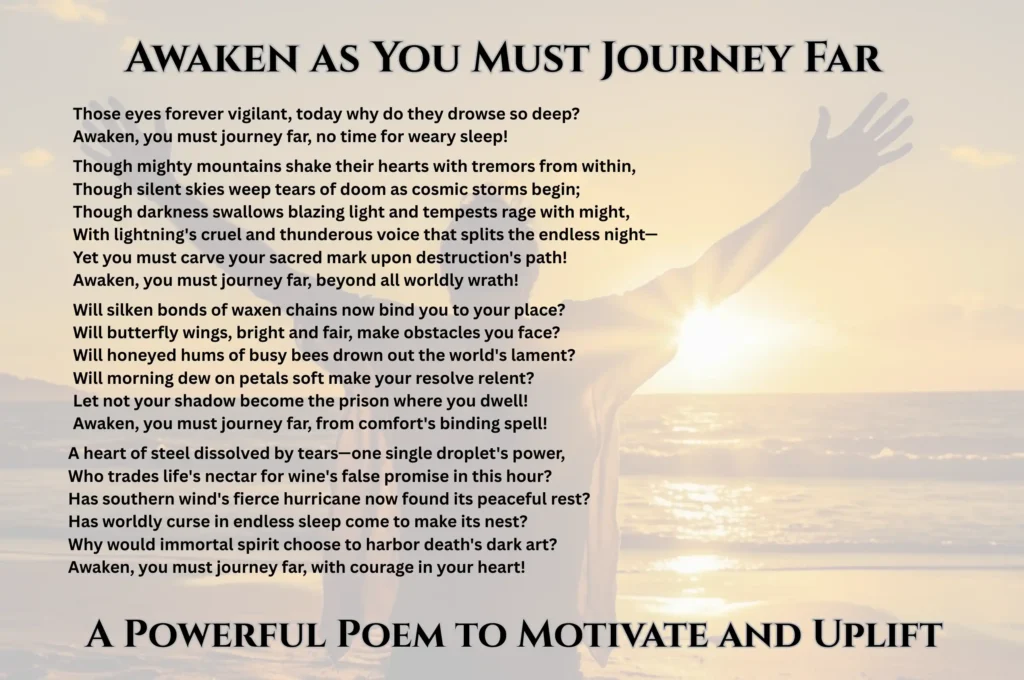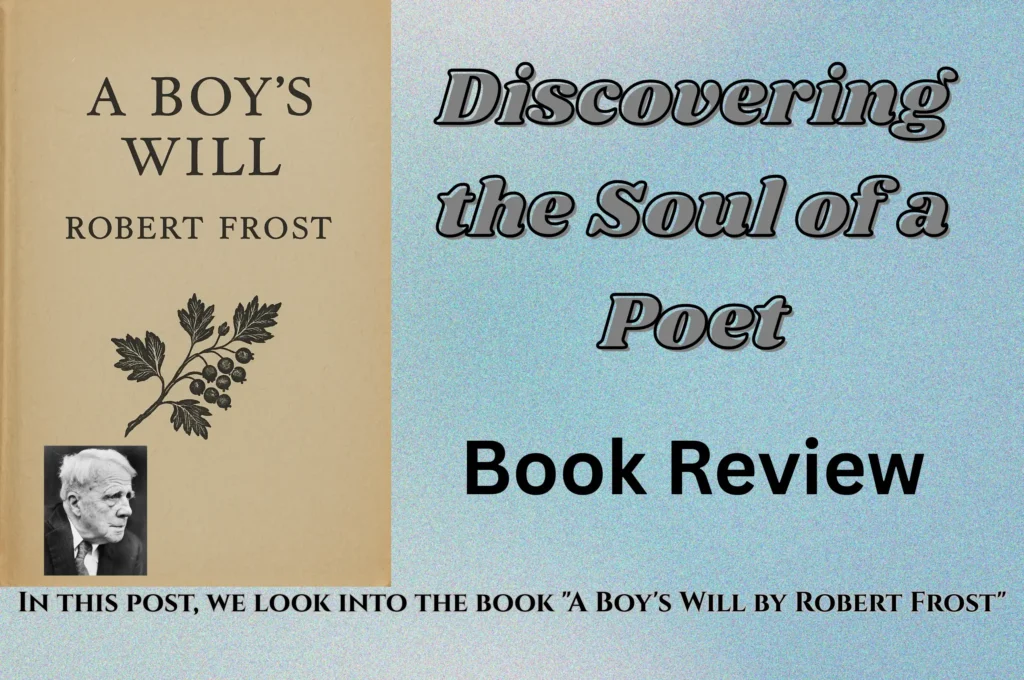Kubla Khan by Samuel Taylor Coleridge is one of my favorite poems. I love reading the poem again and again. Every time, I read the poem “Kubla Khan”, I get a new meaning and sense of the poem. Samuel Taylor Coleridge and William Wordsworth created their composition, Lyrical Ballads
“Kubla Khan” is one of the most hard-to-understand and expressive works in the field of Romantic literature. When you explore the biography of Samuel Taylor Coleridge, you will find out about his opium addiction. The poem “Kubla Khan” he wrote in the year 1979, was composed after Coleridge experienced a dream after he was under opium’s effect.
Why is Kubla Khan called a dream-poem?
The interesting fact about “Kubla Khan” is, that Coleridge claimed that he wrote the poem based on his dream after taking the opium, however, due to a domestic interruption caused him to forget many of the verses and the poem is famously incomplete. So, I can say that “Kubla Khan” is a famous but incomplete poem. That sounds exciting as it leaves opportunities for every reader to explore the literature.
Let us take a look at the poem.
Kubla Khan by Samuel Taylor Coleridge

Table of Contents
Kubla Khan by Samuel Taylor Coleridge – Lyrics
Kubla Khan – An Incomplete but famous poem by Samuel Taylor Coleridge
In Xanadu did Kubla Khan
~ Samuel Taylor Coleridge
A stately pleasure-dome decree:
Where Alph, the sacred river, ran
Through caverns measureless to man
Down to a sunless sea.
So twice five miles of fertile ground
With walls and towers were girdled round;
And there were gardens bright with sinuous rills,
Where blossomed many an incense-bearing tree;
And here were forests ancient as the hills,
Enfolding sunny spots of greenery.
But oh! that deep romantic chasm which slanted
Down the green hill athwart a cedarn cover!
A savage place! as holy and enchanted
As e’er beneath a waning moon was haunted
By woman wailing for her demon-lover!
And from this chasm, with ceaseless turmoil seething,
As if this earth in fast thick pants were breathing,
A mighty fountain momently was forced:
Amid whose swift half-intermitted burst
Huge fragments vaulted like rebounding hail,
Or chaffy grain beneath the thresher’s flail:
And mid these dancing rocks at once and ever
It flung up momently the sacred river.
Five miles meandering with a mazy motion
Through wood and dale the sacred river ran,
Then reached the caverns measureless to man,
And sank in tumult to a lifeless ocean;
And ’mid this tumult Kubla heard from far
Ancestral voices prophesying war!
The shadow of the dome of pleasure
Floated midway on the waves;
Where was heard the mingled measure
From the fountain and the caves.
It was a miracle of rare device,
A sunny pleasure-dome with caves of ice!
A damsel with a dulcimer
In a vision once I saw:
It was an Abyssinian maid
And on her dulcimer she played,
Singing of Mount Abora.
Could I revive within me
Her symphony and song,
To such a deep delight ’twould win me,
That with music loud and long,
I would build that dome in air,
That sunny dome! those caves of ice!
And all who heard should see them there,
And all should cry, Beware! Beware!
His flashing eyes, his floating hair!
Weave a circle round him thrice,
And close your eyes with holy dread
For he on honey-dew hath fed,
And drunk the milk of Paradise.
Kubla Khan Poem Line-by-Line Explanation
In Xanadu did Kubla Khan
A stately pleasure-dome decree:
“In Xanadu Did Kubla Khan”: The poem begins by establishing the setting, Xanadu, a city in Mongolia. Kubla Khan was a real historical figure, the Mongol emperor who ruled China in the 13th century. Xanadu is depicted as his magnificent summer capital.
“A stately pleasure-dome decree”: Kubla Khan commanded the construction of a grand palace or pleasure-dome, an elaborate and majestic structure intended for leisure and enjoyment.
Where Alph, the sacred river, ran
Through caverns measureless to man
Down to a sunless sea.
These lines continue to build the fantastical and mystical setting of Xanadu. Let’s break them down:
“Where Alph, the sacred river, ran”:
- Alph: A fictional river created by Coleridge. The name might evoke the beginning (like the first letter of the Greek alphabet, Alpha), suggesting an origin or a primary source.
- Sacred river: Implies a sense of holiness and reverence, adding a mystical and almost divine quality to the river.
“Through caverns measureless to man”:
- Caverns measureless to man: Describes vast, boundless caverns that are beyond human comprehension or measurement, emphasizing the mysterious and infinite nature of the landscape.
“Down to a sunless sea”:
- A sunless sea: Refers to a sea that is perpetually dark, likely because it is underground or shrouded in perpetual shadow, adding to the mysterious and otherworldly atmosphere.
In summary, these lines describe the sacred river Alph flowing through immense and uncharted caverns, eventually reaching a dark, sunless sea. This imagery continues to build the sense of an enchanting and mystical place, reinforcing the exotic and awe-inspiring nature of Xanadu.
But oh! that deep romantic chasm which slanted
Down the green hill athwart a cedarn cover!
A savage place! as holy and enchanted
As e’er beneath a waning moon was haunted
These lines introduce a dramatic and mysterious element to the landscape of Xanadu. Here’s a breakdown of their meaning:
“But oh! that deep romantic chasm which slanted”:
- Deep romantic chasm: A steep and profound ravine or gorge, evoking a sense of mystery and allure.
- Which slanted: Suggests that the chasm is at an angle, not vertical.
“Down the green hill athwart a cedarn cover!”:
- Down the green hill: The chasm runs down a verdant, grassy hill.
- Athwart a cedarn cover: Cutting across or through a cover of cedar trees, indicating a dense, aromatic forest.
“A savage place! as holy and enchanted”:
- Savage place: Wild, untamed, and possibly dangerous.
- As holy and enchanted: Despite its wildness, the place is also sacred and magical, possessing an otherworldly charm.
“As e’er beneath a waning moon was haunted”:
- Beneath a waning moon: Lit by the light of a moon that is in the process of becoming smaller, often associated with mystery and the supernatural.
- Was haunted: Suggests that the place is frequented or inhabited by spirits or other mystical beings, adding to its eerie and enchanted atmosphere.
In summary, these lines describe a deep, slanting chasm that cuts through a cedar-covered hillside. The chasm is depicted as a wild, untamed place that is both sacred and magical, imbued with an enchanting yet eerie quality, especially when illuminated by the light of a waning moon. The imagery creates a sense of awe and mystery, enhancing the fantastical and supernatural atmosphere of Xanadu.
By woman wailing for her demon-lover!
And from this chasm, with ceaseless turmoil seething,
As if this earth in fast thick pants were breathing,
A mighty fountain momently was forced:
Amid whose swift half-intermitted burst
These lines continue to describe the intense and dynamic scene at the chasm in Xanadu. Let’s break them down:
“By woman wailing for her demon-lover!”:
- Woman wailing: A woman crying out in sorrow or distress.
- Demon-lover: Suggests a supernatural, possibly malevolent, lover, adding to the eerie and haunted quality of the chasm.
“And from this chasm, with ceaseless turmoil seething,”:
- Ceaseless turmoil seething: Constant and chaotic movement or activity, indicating that the chasm is a place of intense, relentless energy.
“As if this earth in fast thick pants were breathing,”:
- Fast thick pants: Rapid, heavy breaths, likening the earth’s activity to a living being struggling for breath.
- Were breathing: Suggests the chasm and the surrounding area are alive with dynamic, almost sentient energy.
“A mighty fountain momently was forced:”:
- Mighty fountain: A powerful jet or eruption of water.
- Momently was forced: Suggests that the fountain erupts intermittently, with great force.
“Amid whose swift half-intermitted burst”:
- Swift half-intermitted burst: Describes the fountain’s rapid, yet intermittent eruptions, emphasizing the forceful and unpredictable nature of the phenomenon.
In summary, these lines depict a dramatic and tumultuous scene at the chasm. A woman wails for her supernatural lover, adding a sense of sorrow and otherworldliness. The chasm itself is seething with constant, chaotic energy as if the earth were alive and breathing heavily. From this chasm erupts a mighty fountain, which intermittently bursts forth with great force, contributing to the intense and dynamic atmosphere of the scene.
Huge fragments vaulted like rebounding hail,
Or chaffy grain beneath the thresher’s flail:
And mid these dancing rocks at once and ever
It flung up momently the sacred river.
Five miles meandering with a mazy motion
Through wood and dale the sacred river ran,
Then reached the caverns measureless to man,
These lines vividly describe the dramatic and chaotic scene around the sacred river in Xanadu. Let’s break them down:
“Huge fragments vaulted like rebounding hail,”:
- Huge fragments: Large pieces of rock or earth.
- Vaulted like rebounding hail: The fragments are thrown up into the air and bounce around like hailstones, emphasizing the violent and erratic nature of the scene.
“Or chaffy grain beneath the thresher’s flail:”:
- Chaffy grain: Light, insubstantial husks separated from grain during threshing.
- Thresher’s flail: A tool used to beat grain to separate it from the husks. The comparison suggests that the fragments are tossed around wildly, like chaff during threshing.
“And mid these dancing rocks at once and ever”:
- Dancing rocks: Rocks that seem to move and dance due to the chaotic forces acting upon them.
- At once and ever: Continuously, without stopping.
“It flung up momently the sacred river.”:
- Flung up momently: The sacred river is intermittently thrown up into the air by the chaotic forces.
- The sacred river: Referring to the river Alph, central to the scene’s dynamic energy.
“Five miles meandering with a mazy motion”:
- Five miles meandering: The river winds and twists over a distance of five miles.
- With a mazy motion: The river’s path is intricate and winding, like a maze.
“Through wood and dale the sacred river ran,”:
- Through wood and dale: The river flows through forests (wood) and valleys (dale).
- The sacred river ran: Continues to emphasize the sacred river Alph.
“Then reached the caverns measureless to man,”:
- Reached the caverns measureless to man: The river eventually flows into vast, uncharted caverns that are beyond human comprehension.
In summary, these lines depict the tumultuous and energetic scene where large fragments of rock are hurled around like hail or chaff. Amidst this chaos, the sacred river Alph is intermittently thrown into the air. The river then meanders for five miles in a winding, maze-like path through forests and valleys before finally reaching vast and immeasurable caverns. The imagery emphasizes the powerful, unpredictable, and mystical nature of the landscape in Xanadu.
And sank in tumult to a lifeless ocean;
And ’mid this tumult Kubla heard from far
Ancestral voices prophesying war!
The shadow of the dome of pleasure
Floated midway on the waves;
Where was heard the mingled measure
From the fountain and the caves.
It was a miracle of rare device,
A sunny pleasure-dome with caves of ice!
These lines continue to paint a vivid picture of the fantastical landscape and introduce elements of prophecy and contradiction. Let’s break them down:
“And sank in tumult to a lifeless ocean;”:
- Sank in tumult: The sacred river eventually descends amidst great noise and chaos.
- Lifeless ocean: A desolate, inert body of water, contrasting with the dynamic river.
“And ’mid this tumult Kubla heard from far”:
- ’Mid this tumult: Amidst the chaos and noise.
- Kubla heard from far: Kubla Khan hears something in the distance.
“Ancestral voices prophesying war!”:
- Ancestral voices: Voices of forebears or ancestors.
- Prophesying war: Foretelling or predicting conflict and war, adding a sense of impending doom or conflict.
“The shadow of the dome of pleasure”:
- Shadow of the dome of pleasure: The reflection or shadow of Kubla Khan’s pleasure-dome.
“Floated midway on the waves;”:
- Floated midway: Appears suspended, neither fully immersed nor completely above.
- On the waves: On the surface of the water, adding a surreal and dreamlike quality.
“Where was heard the mingled measure”:
- Mingled measure: A blend of sounds or music.
“From the fountain and the caves.”:
- From the fountain and the caves: The sounds of the erupting fountain and the echoing caverns combine to create a harmonious but complex auditory experience.
“It was a miracle of rare device,”:
- Miracle of rare device: An extraordinary and unique creation, emphasizing its wondrous and almost magical nature.
“A sunny pleasure-dome with caves of ice!”:
- Sunny pleasure-dome: The luxurious and radiant palace.
- Caves of ice: Contradictory imagery suggesting cold, frozen caverns, highlighting the contrast between warmth and cold, pleasure and desolation.
In summary, these lines describe the sacred river’s tumultuous descent into a lifeless ocean. Amidst this chaos, Kubla Khan hears ancestral voices predicting war, adding a sense of foreboding. The shadow of the pleasure-dome floats on the waves, creating a surreal and dreamlike scene where the sounds of the fountain and the caves blend together. The pleasure-dome itself is described as a miraculous and unique creation, combining the warmth of a sunny palace with the coldness of ice-filled caves, emphasizing the fantastical and contradictory nature of Xanadu.
A damsel with a dulcimer
In a vision once I saw:
It was an Abyssinian maid
And on her dulcimer she played,
Singing of Mount Abora.
These lines shift the focus to a visionary experience involving a musical and enchanting figure. Let’s break them down:
“A damsel with a dulcimer”:
- Damsel: A young woman, often implying beauty and innocence.
- Dulcimer: A musical instrument, suggesting that the damsel is musically talented.
“In a vision once I saw:”:
- In a vision: Indicates that this scene is a dream or a mystical vision, not part of the tangible reality.
- Once I saw: The speaker recounts a past experience of this vision.
“It was an Abyssinian maid”:
- Abyssinian: Refers to Ethiopia, adding an exotic and distant quality to the maid.
- Maid: Young woman, emphasizing her beauty and perhaps her simplicity or purity.
“And on her dulcimer she played,”:
- On her dulcimer she played: Reinforces her musical ability and the captivating sound she produces.
“Singing of Mount Abora.”:
- Singing of Mount Abora: Refers to a mythical or idealized mountain. “Mount Abora” might evoke an idyllic, almost Edenic place, though its exact location or cultural reference is unclear. It enhances the mystical and enchanting nature of the vision.
In summary, these lines describe a visionary encounter with a beautiful young woman from Abyssinia (modern-day Ethiopia) playing a dulcimer and singing of an idealized place, Mount Abora. This scene adds a layer of musical and cultural richness to the poem, emphasizing the power of artistic and imaginative visions. The damsel and her song contribute to the overall atmosphere of enchantment and otherworldliness in the poem.
Could I revive within me
Her symphony and song,
To such a deep delight ’twould win me,
That with music loud and long,
I would build that dome in air,
That sunny dome! those caves of ice!
These lines express the speaker’s longing to recapture the vision of the Abyssinian maid and the profound impact it would have on him. Let’s break them down:
“Could I revive within me”:
- Revive within me: The speaker wishes to bring back or rekindle the memory or inspiration from the vision.
“Her symphony and song,”:
- Her symphony and song: Refers to the music and singing of the Abyssinian maid. The combination of “symphony” and “song” suggests a rich, harmonious, and captivating musical experience.
“To such a deep delight ’twould win me,”:
- To such a deep delight: The revived vision would bring immense joy and pleasure to the speaker.
- ’Twould win me: It would captivate or enchant the speaker deeply.
“That with music loud and long,”:
- With music loud and long: The speaker imagines being inspired to create powerful and enduring music.
“I would build that dome in air,”:
- Build that dome in air: The speaker aspires to recreate Kubla Khan’s pleasure dome through the power of his music and imagination, even if only in an ethereal or intangible form.
“That sunny dome! those caves of ice!”:
- That sunny dome!: Refers to the magnificent and radiant pleasure-dome of Kubla Khan.
- Those caves of ice!: Refers to the contrasting, cold, and mystical caves beneath the dome.
In summary, these lines convey the speaker’s intense desire to revive the memory of the Abyssinian maid’s enchanting music and song. The speaker believes that such inspiration would bring him immense joy and enable him to create a magnificent and fantastical vision, akin to Kubla Khan’s pleasure-dome with its sunny brilliance and icy caves. The imagery highlights the power of artistic inspiration and imagination to transcend reality and create wondrous, dream-like visions.
And all who heard should see them there,
And all should cry, Beware! Beware!
His flashing eyes, his floating hair!
Weave a circle round him thrice,
And close your eyes with holy dread
For he on honey-dew hath fed,
And drunk the milk of Paradise.
These lines conclude the poem with a powerful and mystical image of the speaker transformed by his visionary experience. Let’s break them down:
“And all who heard should see them there,”:
- All who heard: Everyone who listens to the speaker’s music or story.
- Should see them there: They would be able to visualize the fantastical scenes described by the speaker, like the pleasure dome and caves of ice.
“And all should cry, Beware! Beware!”:
- Beware! Beware!: A warning to others about the speaker’s transformed and possibly dangerous state.
“His flashing eyes, his floating hair!”:
- Flashing eyes: Intense, bright, and possibly frenzied eyes, suggesting a heightened, almost supernatural state.
- Floating hair: Hair that seems to be moving as if in a trance or influenced by some otherworldly force, adding to the speaker’s mystical and wild appearance.
“Weave a circle round him thrice,”:
- Weave a circle round him thrice: A protective or ritualistic act, possibly to contain or ward off the speaker’s powerful presence. Circling three times often has mystical or magical connotations.
“And close your eyes with holy dread”:
- Close your eyes with holy dread: Suggests a fear that is both reverent and awe-struck, as if in the presence of something divine or supernatural.
“For he on honey-dew hath fed,”:
- Honey-dew: A sweet, mystical substance, possibly symbolizing divine or otherworldly nourishment.
- Hath fed: Implies that the speaker has consumed this special substance, further transforming him.
“And drunk the milk of Paradise.”:
- Milk of Paradise: Another symbol of divine or otherworldly sustenance, suggesting that the speaker has been nourished by something extraordinarily pure and transcendent.
In summary, these lines portray the speaker as someone who has been profoundly transformed by his visionary experience. His intense eyes and floating hair create an image of a person imbued with supernatural power. The listeners are warned to be cautious and perform protective rituals, as the speaker’s consumption of “honey-dew” and “milk of Paradise” signifies his connection to divine or mystical realms. The closing imagery underscores the theme of the sublime and the transcendent, emphasizing the transformative power of imagination and inspiration.
This was the line-by-line meaning of the Poem “Kubla Khan” by “Samuel Taylor Coleridge”. Hope you liked it.
Read Our Articles on Business and Technology on : https://byqus.com
